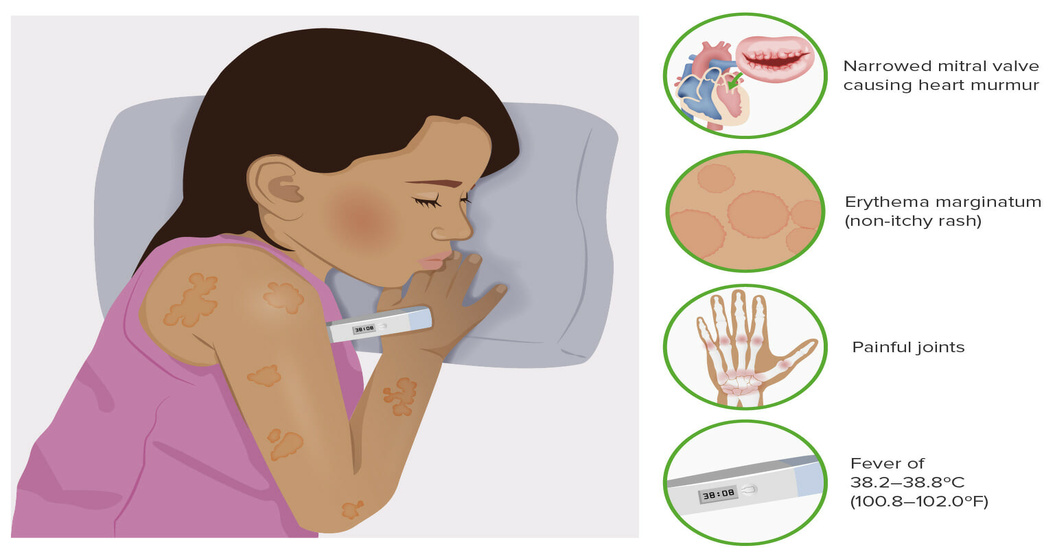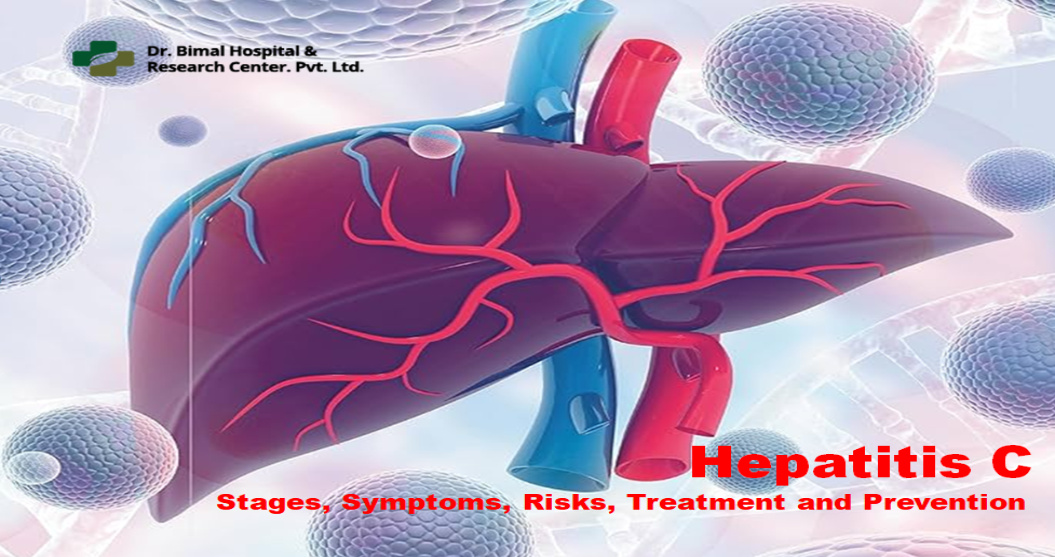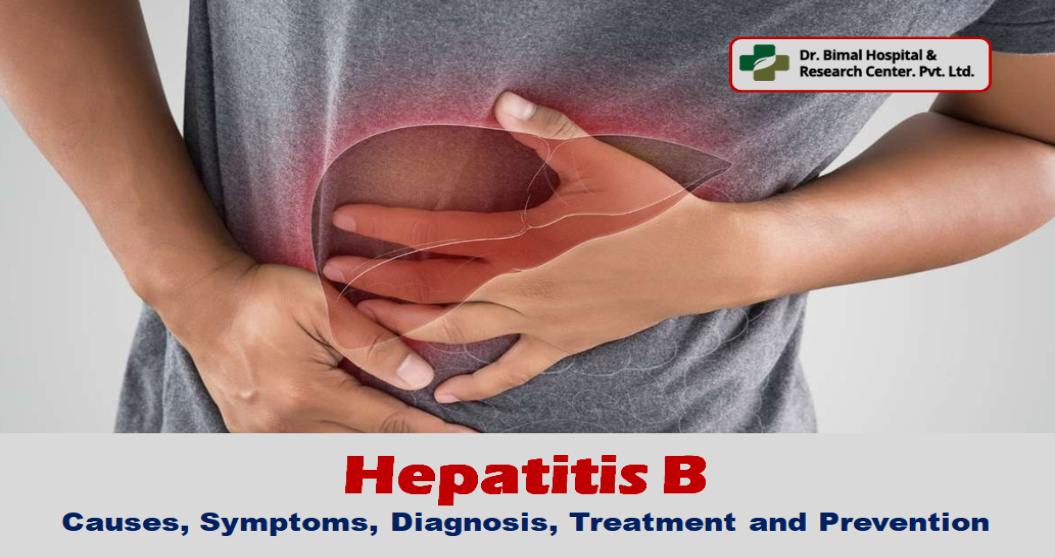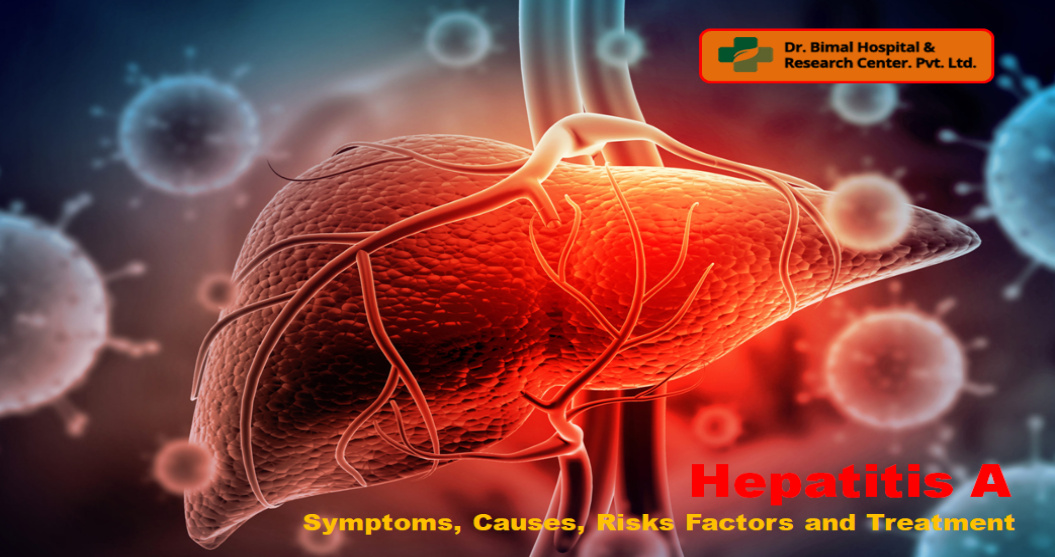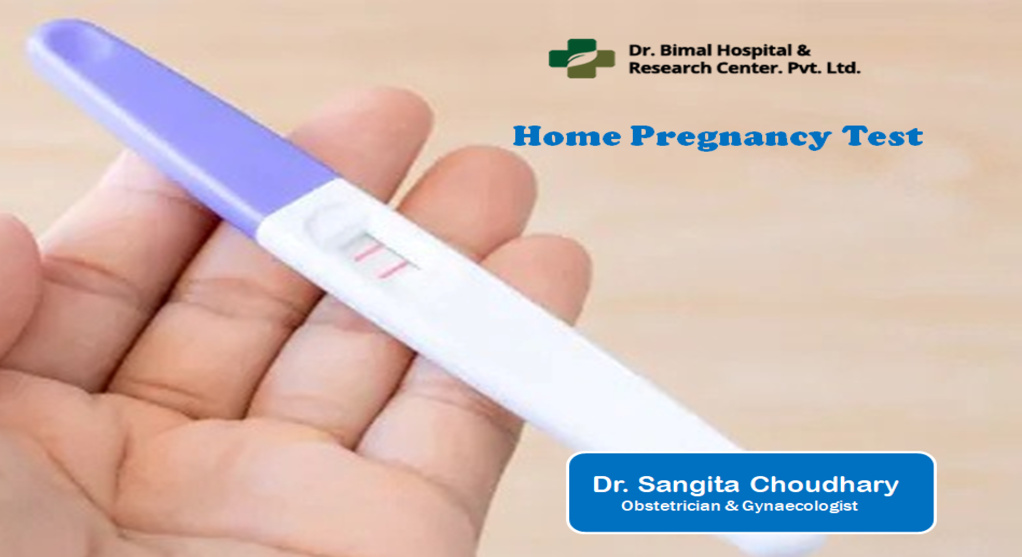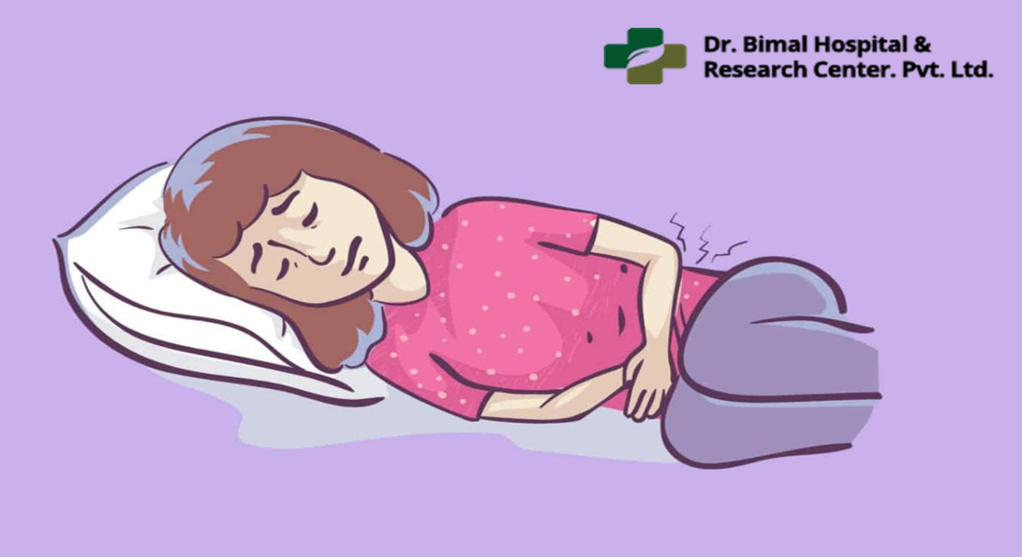Hepatitis B: Causes, Symptoms, Diagnosis, Treatment and Prevention
Hepatitis B is a viral infection targeting the liver, capable of leading to both short-term and prolonged illnesses. The transmission occurs through exposure to the blood or other bodily fluids of an infected individual. Vaccination serves as a preventive measure, while antiviral medications have proven effective in treating chronic cases. Timely management is crucial due to its severity as a health issue. Let’s understand the various aspects in detail.
Causes of Hepatitis B - How Does it Transmit?
Hepatitis B is primarily caused by the Hepatitis B virus (HBV), a highly contagious pathogen. Here are key factors contributing to its transmission:
- Contact with infected blood
- Unprotected sexual contact
- Mother-to-child transmission during childbirth.
- Sharing of Needles
- Unsafe medical practices
- Tattoos and piercings
- Sharing personal items like toothbrushes or razors can transmit the virus.
- Healthcare workers are at risk through exposure to blood or bodily fluids.
Symptoms of Hepatitis B
Hepatitis B symptoms can vary from mild to serious. Watch out for
- Yellow colour of urine
- :Feeling tired all the time.
- Yellow skin or eyes (jaundice).
- Belly pain or discomfort.
- Dark urine.
- Joint pain.
- Not wanting to eat.
- Having a fever.
If you think you have Hepatitis B, see Dr Bimal Kumar in Dr Bimal Hospital and Research Center Pvt. Ltd. for the right diagnosis and advice.
Diagnosis of Hepatitis B
- Blood Tests: Doctors check for Hepatitis B antigens and antibodies.
- Liver Function Tests: These measure enzyme levels to assess liver health.
- PCR Test: It confirms the presence of the virus using a specific method.
- Liver Biopsy: if needed
- Ultrasound: It finds liver issues linked to Hepatitis B.
- Medical History: Knowing your symptoms helps in diagnosis.
- Physical Examination: Checking for signs like jaundice and stomach pain.
- Screening of Contacts: Testing people who've been around an infected person.
Early diagnosis is crucial for effective management & preventing acute Liver failure.
Treatment of Hepatitis B
Treating Hepatitis B aims to protect the liver and prevent potential issues. It depends on whether it's short-term (acute) or long-term (chronic)< 6>
- For Acute Hepatitis B:
- Symptomatic treatment.
- Focus on taking complete rest and easing symptoms with proper hydration and nutritious food.
- For Chronic Hepatitis B:
- Doctors often prescribe antiviral medication, including entecavir, tenofovir, tenofovir-alofenamide.
- Keep a check on your liver function and the virus regularly.
- If the liver is seriously damaged, a transplant might be considered.
Recovery After Hepatitis B Treatment
- Follow Medical Guidance: Adhere to your healthcare provider's instructions for post-treatment care.
- Maintain a Balanced Diet: Opt for a diet rich in fruits, veggies, and lean proteins to support liver health.
- Hydrate Well: Drink an adequate amount of water to flush out toxins and stay hydrated.
- Limit Alcohol Intake: Moderate or eliminate alcohol consumption to reduce strain on the liver.
- Regular Exercise: Following a regular physical activity routine to enhance overall well-being and support liver function.
- Adequate Rest: Ensure sufficient rest to aid the body in recovery and minimise stress on the liver.
- Monitor Symptoms: Stay vigilant for any unusual symptoms and promptly consult Dr Bimal Hospital and Research Center Pvt. Ltd. book an appointment with Dr Bimal Kumar (MBBS,MD(Medicine),DM(Gastro)). one of the best hospitals in Patna. if concerns arise.
- Vaccination: If not already vaccinated, consider getting the Hepatitis B vaccine for future protection.
Remember, individual recovery experiences may vary, so personalised medical advice is crucial.
Prevention of Hepatitis B
Here are some tips to prevent Hepatitis B:
- Vaccination: Get vaccinated to build immunity against Hepatitis B.
- Safe Practices: Practice safe sex and use barrier methods to prevent transmission.
- Avoid Sharing: Do not share personal items like razors or toothbrushes with blood on them.
- Needle Safety: Use sterile needles and avoid sharing needles or other drug-related equipment.
- Healthcare Safety: Ensure medical and dental equipment is properly sterilised for any procedures.
- Screening: Get screened if you are pregnant or at higher risk to prevent mother-to-child transmission.
- Blood transfusing from registered blood bank.
Risks & Complications Associated with Hepatitis B
Potential complications associated with Hepatitis B include:
- Chronic Liver Infection: Hepatitis B can lead to a long-term infection in the liver, increasing the risk of liver diseases.
- Cirrhosis: Prolonged Hepatitis B infection may progress to cirrhosis, causing scarring of the liver tissue.
- Liver Cancer: Chronic Hepatitis B infection raises the likelihood of developing liver cancer.
- Liver Failure: In severe cases, Hepatitis B can result in liver failure, a life-threatening condition.
- Transmission: Infected individuals can transmit the virus to others through blood or bodily fluids.


